Al-Shabaab is still a threat to the US
- By Steve Balestrieri
Share This Article
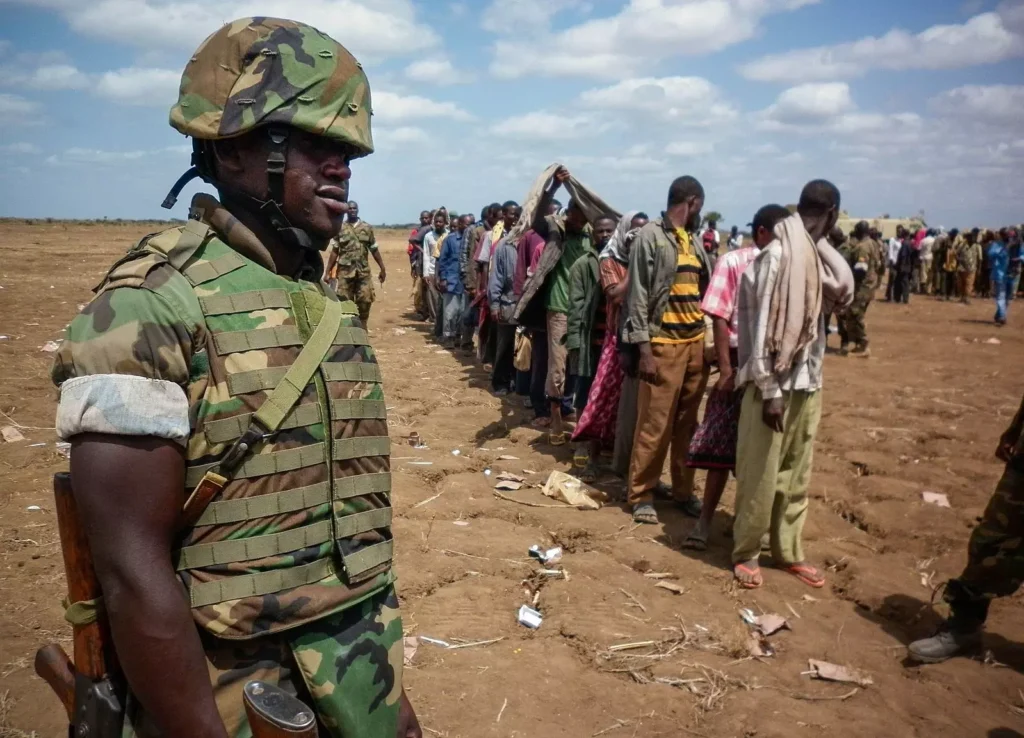
When most Americans think of Somalia, the Battle of Mogadishu (Black Hawk Down) is the first thing that comes to mind. But the government in Somalia is now a U.S. partner. And the danger to Americans and the U.S. from Somalia remains because of the terrorist group Harakat al-Shabaab al-Mujahideen, known simply as al-Shabaab.
On October 29, in response to its deteriorating control over Somali territory, al-Shabaab exploded twin car bombings in downtown Mogadishu killing more than 100 people. Then on November 7, al-Shabaab attacked a Somali army base. The U.S. responded with airstrikes that targeted a large group of terrorists 180 miles northwest of Mogadishu. The Somali government requested the airstrike to support its troops that were in combat against al-Shabaab terrorists.
The U.S. Africa Command (AFRICOM) stated that no civilian casualties resulted from the operation.
“Al-Shabaab is the largest and most deadly al-Qaeda network in the world and has proven both its will and capability to attack Somali, East African, and American civilians,” AFRICOM said in a statement.
“Somalia remains key to the stability and security in all of East Africa,” AFRICOM added. “US Africa Command’s forces will continue training, advising, and equipping partner forces to give them the tools that they need to defeat al-Shabaab.”

The U.S. announced on November 14, that it was doubling its reward to $10 million for information that helps find three leaders of the terrorist group.
U.S. ambassador to Somalia, Larry André, also announced a new program aimed at “disrupting al-Shabab’s financial networks.”
The Somali government’s strategy is “to contest the false religious ideology, to go after finances and to confront on the battlefield to liberate the Somali communities,” according to Ambassador André.
Related: Are momentous geopolitical changes about to happen in the world?
Removing the threat of al-Shabaab
The terrorist group came about in the mid-2000s, but their threats to the U.S. were recognized as far back as 2009.
Al-Shabaab has conducted terrorist acts abroad and has pledged its allegiance to al-Qaeda. Nevertheless, Somalia had mainly remained on U.S.’s backburner as Washington wanted to avoid getting dragged into a war against Somali warlords.
Yet, once al-Shabaab began courting the sizable Somali-American population, Washington responded.
Special Forces trainers partnered up with Somali forces, and Washington started authorizing airstrikes which expanded under the Trump administration.
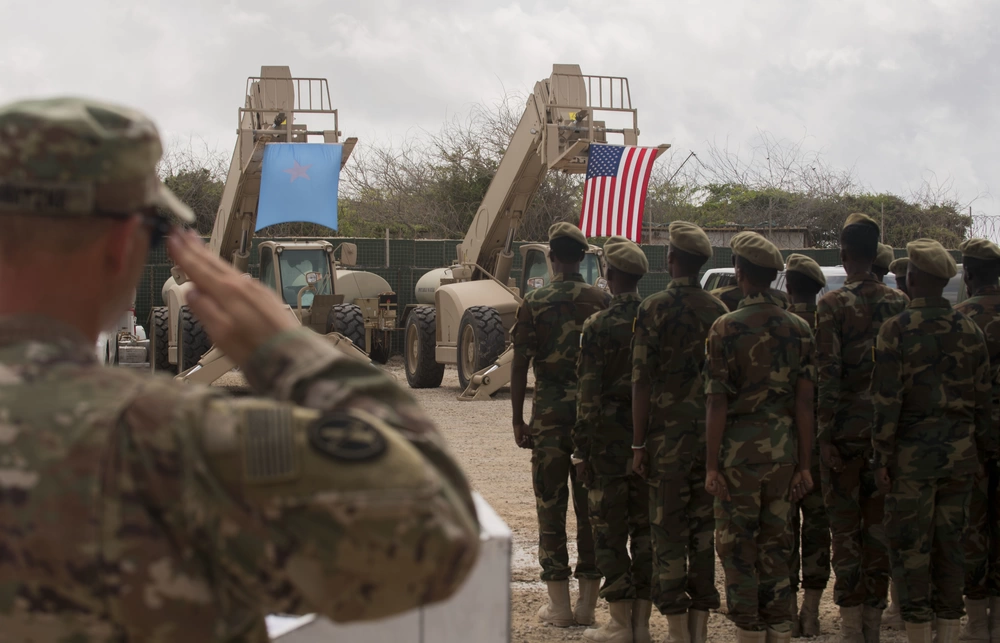
Initially, the Biden administration was wary of engaging the U.S. in another endless war. But things began to change, and the Pentagon asked the president to return American military trainers to Somalia after they had been moved to Djibouti and Kenya. Airstrikes also started increasing.
Yet, to defeat the group, a military victory alone won’t be enough. The U.S. has to get the Somali government to end the country’s rampant corruption and address the very reasons that groups like al-Shabaab can gain support in the first place. Further, the State Department must invest politically in helping the Somalian people.
If this fails one of al-Qaeda’s biggest, richest, and most dangerous groups will continue to plan attacks against the U.S. and its interests.
Steve Balestrieri is a proven military analyst. He served as a US Army Special Forces NCO and Warrant Officer in the 7th Special Forces Group. In addition to writing for Sandboxx.com, he has written for 19fortyfive.com and SOFREP.com; he has covered the NFL for PatsFans.com for over 11 years. His work was regularly featured in the Millbury-Sutton Chronicle and Grafton News newspapers in Massachusetts.
Feature Image: Al-Shabaab fighters lay down their weapons in 2012. (Photo by Abukar Albadri/African Union Mission in Somalia)
Read more from Sandboxx News
- Al-Shabab resurfaces in Africa and invades Ethiopia
- The Army’s Special Forces are evolving to fight adversaries in the space and cyber domains
- China wants a Navy base in Africa that would put America’s East Coast within reach
- Counterterrorism in an age of great-power competition
- British Intel once hacked al-Qaeda just to mess with them
Related Posts
Sandboxx News Merch
-

‘AirPower’ Classic Hoodie
$46.00 – $48.00 Select options This product has multiple variants. The options may be chosen on the product page -

‘Sandboxx News’ Trucker Cap
$27.00 Select options This product has multiple variants. The options may be chosen on the product page -

F-35 ‘Lightning’ Framed Poster
$45.00 – $111.00 Select options This product has multiple variants. The options may be chosen on the product page
Steve Balestrieri
Related to: Military Affairs
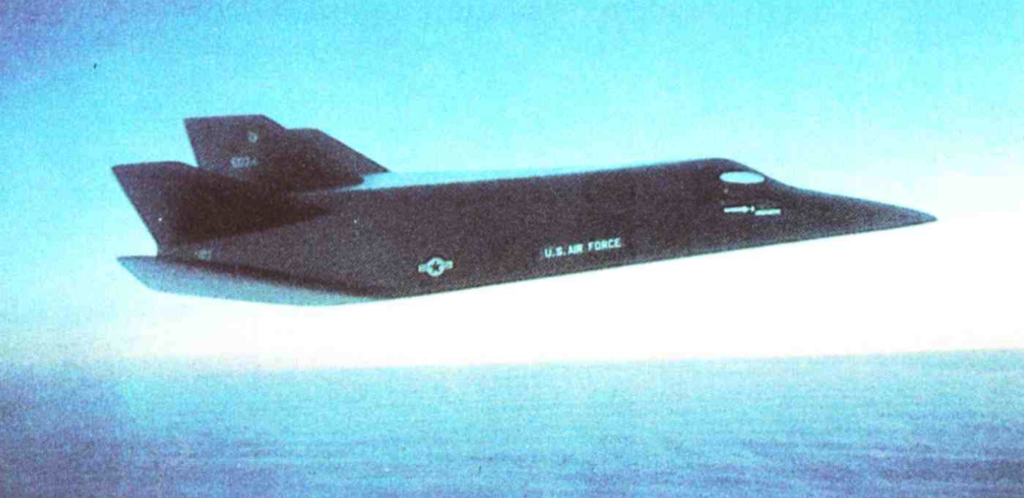
Game-changing military aircraft that were canceled before they could change the game

The US Air Force could sink Iran’s new drone carrier with a single shot
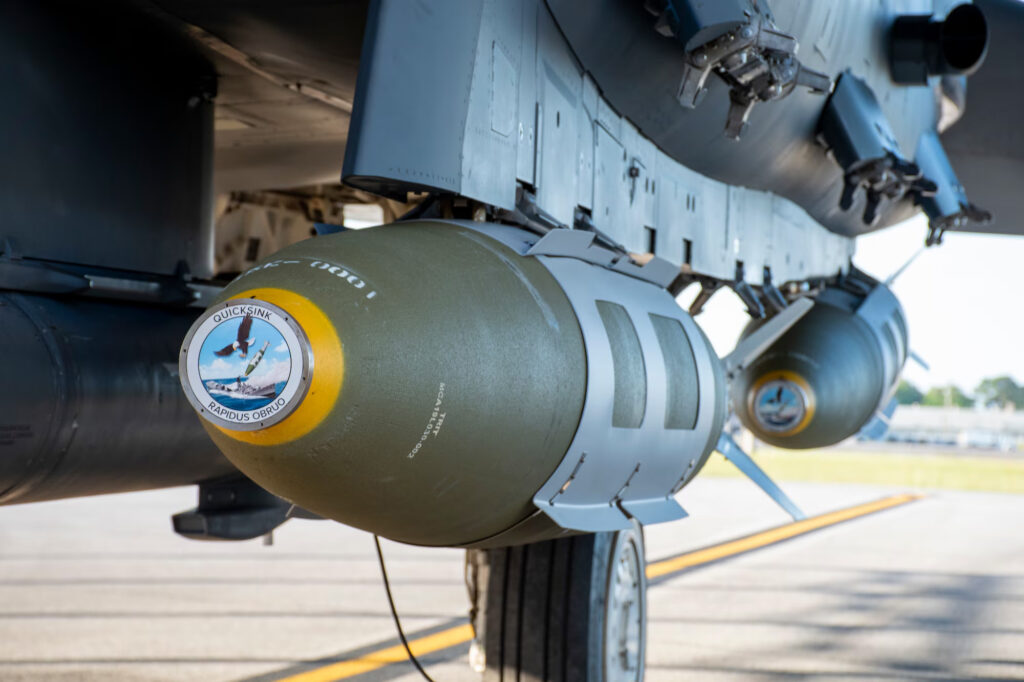
Quicksink kits could make it much cheaper to take out enemy ships
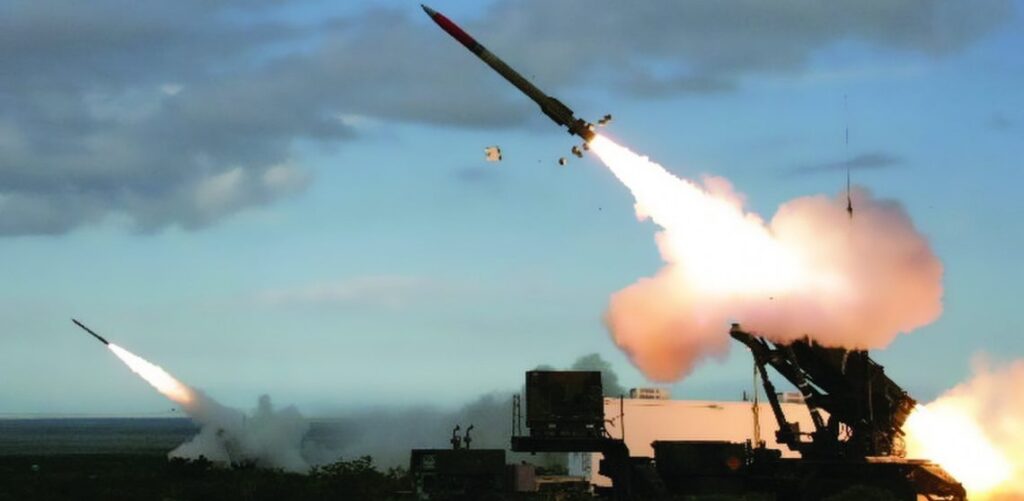
The ultimate guide to the Patriot air defense system
Sandboxx News
-

‘Sandboxx News’ Trucker Cap
$27.00 Select options This product has multiple variants. The options may be chosen on the product page -

‘AirPower’ Classic Hoodie
$46.00 – $48.00 Select options This product has multiple variants. The options may be chosen on the product page -

‘AirPower’ Golf Rope Hat
$31.00 Select options This product has multiple variants. The options may be chosen on the product page -

‘Sandboxx News’ Dad Hat
$27.00 Select options This product has multiple variants. The options may be chosen on the product page
